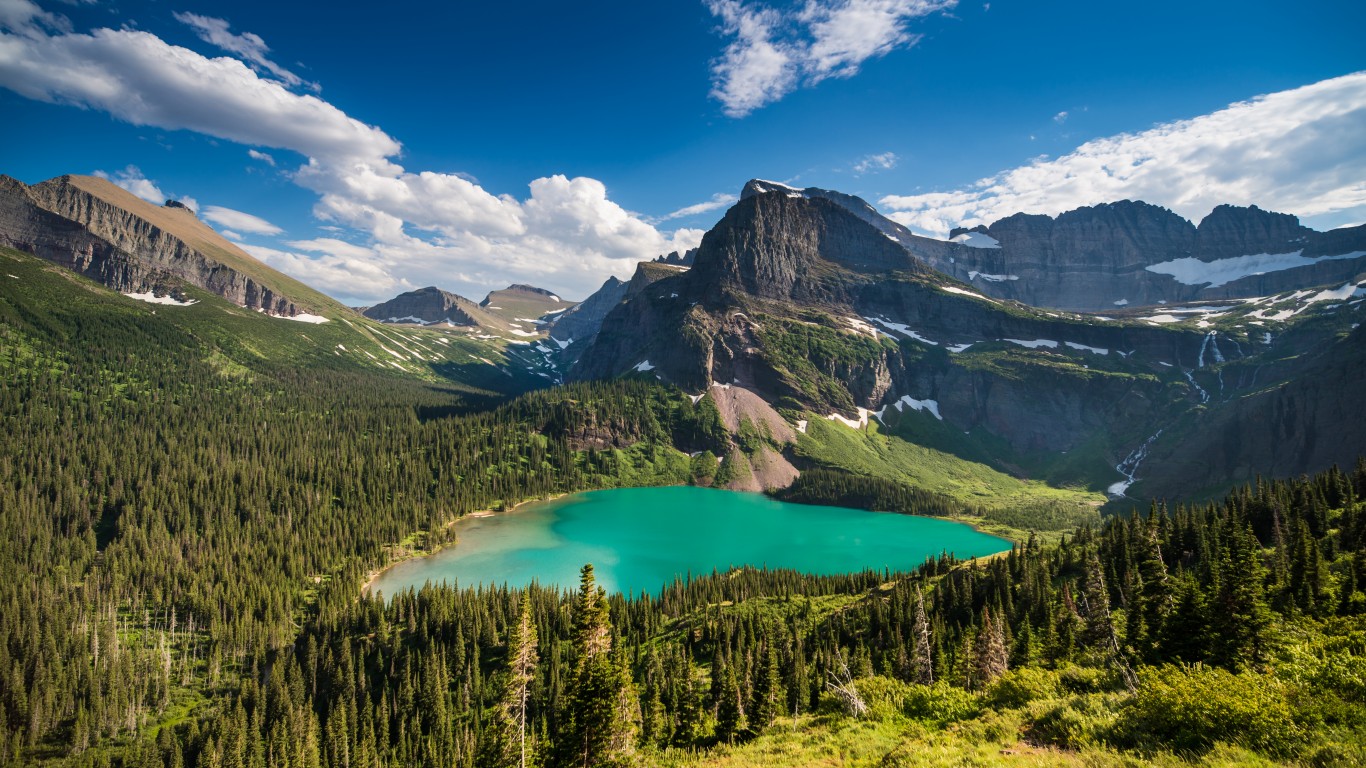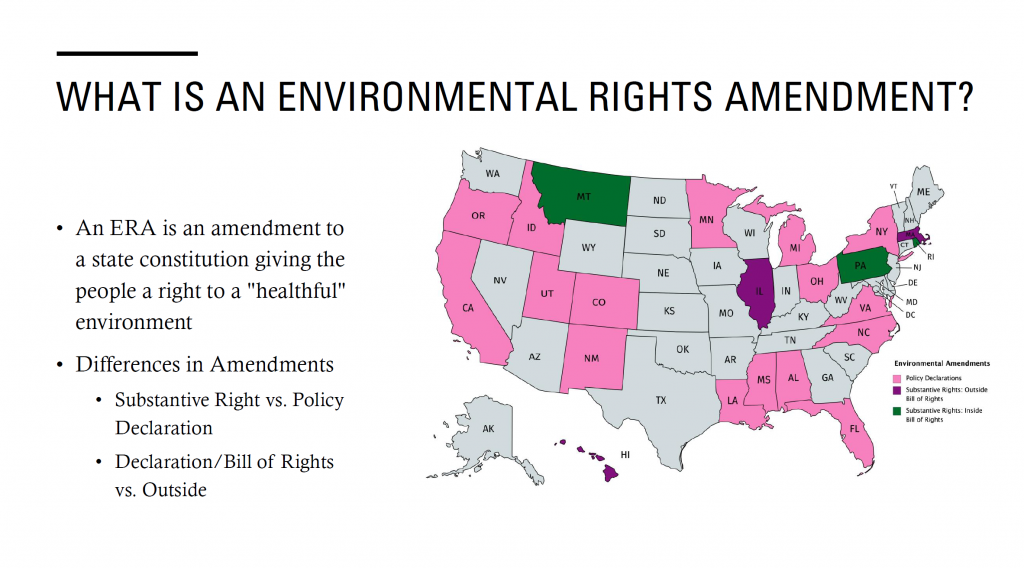
In 1972, Montana voters approved a new constitution that included among the inalienable rights of all people “the right to a clean and healthful environment.” The constitution elaborated: “The state and each person shall maintain and improve a clean and healthful environment in Montana for present and future generations.” (See all 50 states ranked by their carbon emissions.)
In March 2020, a group of 16 Montana young people between the ages of 2 and 18 filed suit in state district court challenging a then-new law benefiting the state’s fossil fuel-based energy industry. In their lawsuit, the young plaintiffs alleged that the law “causes and contributes to climate change in violation of their constitutional rights guaranteed” under the state’s constitution.
On Monday, Judge Kathy Seeley ruled in favor of the plaintiffs, who had amended their lawsuit to include allegations that a law passed by the state legislature and signed by Governor Greg Gianforte earlier this year essentially failed to enforce the requirements of the state’s constitution.
In her ruling, Judge Seeley noted the effect of the decision on that law, known as the Montana Environmental Protection Act (MEPA) Limitation:
This judgment will influence the State’s conduct by invalidating statutes prohibiting analysis and remedies based on GHG [greenhouse gas] emissions and climate impacts … [because] the MEPA Limitation violates Youth Plaintiffs’ right to a clean and healthful environment and is unconstitutional on its face.
A spokesperson for Montana Attorney General Austin Knudson said the state will appeal the decision to the Montana Supreme Court. In an email cited in the Bozeman Daily Chronicle, Emily Flower wrote:
This ruling is absurd, but not surprising from a judge who let the plaintiffs’ attorneys put on a weeklong taxpayer-funded publicity stunt that was supposed to be a trial. Montanans can’t be blamed for changing the climate — even the plaintiffs’ expert witnesses agreed that our state has no impact on the global climate.
Their same legal theory has been thrown out of federal court and courts in more than a dozen states. It should have been here as well, but they found an ideological judge who bent over backward to allow the case to move forward and earn herself a spot in their next documentary. The State will appeal.
Janet Whittaker, senior counsel at global law firm Clifford Chance, told the Financial Times:
From the perspective of appearances, this is an important case . . . But ultimately, it doesn’t impact what will happen in other cases. Obviously, the fact that Montana had this decision is a positive development if you’re a plaintiff, but it doesn’t necessarily mean you will win in New York.
Maybe not. But it will not hurt your chances of winning, either. Now, state agencies must consider the effects on climate change before approving or renewing fossil fuel projects or face an increased possibility of being sued.
Montana is one of only three states to enshrine environmental quality in its state constitution. The other two are Pennsylvania and New York. The following map from the Maryland Campaign for Environmental Human Rights indicates which states have made policy declarations (pink), which have substantive rights not included in the state’s constitution (purple) and which have done nothing yet.
Are You Still Paying With a Debit Card?
The average American spends $17,274 on debit cards a year, and it’s a HUGE mistake. First, debit cards don’t have the same fraud protections as credit cards. Once your money is gone, it’s gone. But more importantly you can actually get something back from this spending every time you swipe.
Issuers are handing out wild bonuses right now. With some you can earn up to 5% back on every purchase. That’s like getting a 5% discount on everything you buy!
Our top pick is kind of hard to imagine. Not only does it pay up to 5% back, it also includes a $200 cash back reward in the first six months, a 0% intro APR, and…. $0 annual fee. It’s quite literally free money for any one that uses a card regularly. Click here to learn more!
Flywheel Publishing has partnered with CardRatings to provide coverage of credit card products. Flywheel Publishing and CardRatings may receive a commission from card issuers.
Thank you for reading! Have some feedback for us?
Contact the 24/7 Wall St. editorial team.





